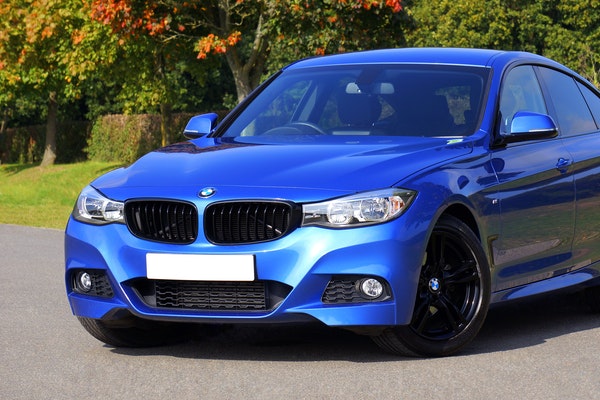In the journey towards debt relief, it’s important that you take every precaution to not add any additional expenses that could interfere with your personal finance goals. One potential area of disruption could be your driving. If you fail to keep your driving record clean, it can cost you more money than you think, in the form of heightened insurance premiums, repair costs, medical costs and more. Therefore, safe driving and saving money go hand-in-hand.
Facts About Safe Driving and Saving Money
According to insurance.com, there are some violations and tickets that will increase your insurance premium.
- DUI or other impaired driving
- Refusing breath or blood test for impairment
- Reckless driving (this may include major speeding violations in some states)
- Failure to stop after an accident
- Fleeing from police
- Racing
- Driving on a suspended license
Not convinced yet that safe driving is worth it? A study by InsuranceQuotes.com, released in early 2015, found that drivers who make one accident claim will see their auto insurance rates jump by an average of 41%. Those who make two claims in a year will see their auto insurance rates increase by 93%.
On the flip side, insurance companies may reward you for disciplined driving in terms of discounts on insurance premiums. Therefore, it’s worthwhile to focus on safe driving to save money. Then you will be able to put these additional savings toward paying down credit card debt rather than adding to it.
How Much Will Each Offense Cost You?
Based on Insurance.com’s analysis, here’s how much common infractions will on average impact your rates:
- Reckless driving: 22%
- DUI first offense: 19%
- Driving without a license or permit: 18%
- Careless driving: 16%
- Speeding 30 mph over the limit: 15%
- Failure to stop: 15%
- Improper turn: 14%
- Improper passing: 14%
- Following too close/tailgating: 13%
- Speeding 15 to 29 mph over limit: 12%
- Speeding 1 to 14 mph over limit: 11%
- Failure to yield: 9%
- No car insurance: 6%
- Seat belt infractions: 3%
Safe Driving and Saving Money: What Should You Do?
Avoid Speeding Tickets
While the cost of a speeding ticket varies by region and offense, the average cost of a speeding ticket is $150, including court fees according to Investopedia. A speeding ticket can stack up other costs, such as:
- Increased insurance premium
- Extra gas – You are not the most economical driver if you hit the pedal to the floor!
- Possible medical expenses
These costs can be short term or you may pay them out over a longer period of time. Either way, these costs are going to impact your budget and limit your ability to succeed in debt management.
Maintain Your Vehicle
Rapid acceleration can not only get you a speeding ticket but also cost the health of your vehicle. Faster speed can result in hard breaking, faster tire deterioration and more wear and tear in general. According to the Department of Energy’s FuelEconomy.gov, aggressive driving which includes speeding, rapid acceleration, and hard braking can lower your car’s gas mileage by 33% at highway speeds and by 5% when you’re driving in town.
This reiterates why driving safe and saving money go hand-in-hand. In addition to all this, things such as getting the car serviced on time and not ignoring the broken tail light can save you a considerable amount of money that you can put towards any unpaid consumer debt.
Being conscious while on the road helps increase the lifespan of your vehicle, keeps you safe and will most likely save you money.
If you’re struggling to pay off debt, ACCC can help. Schedule a free credit counseling session with us today.






